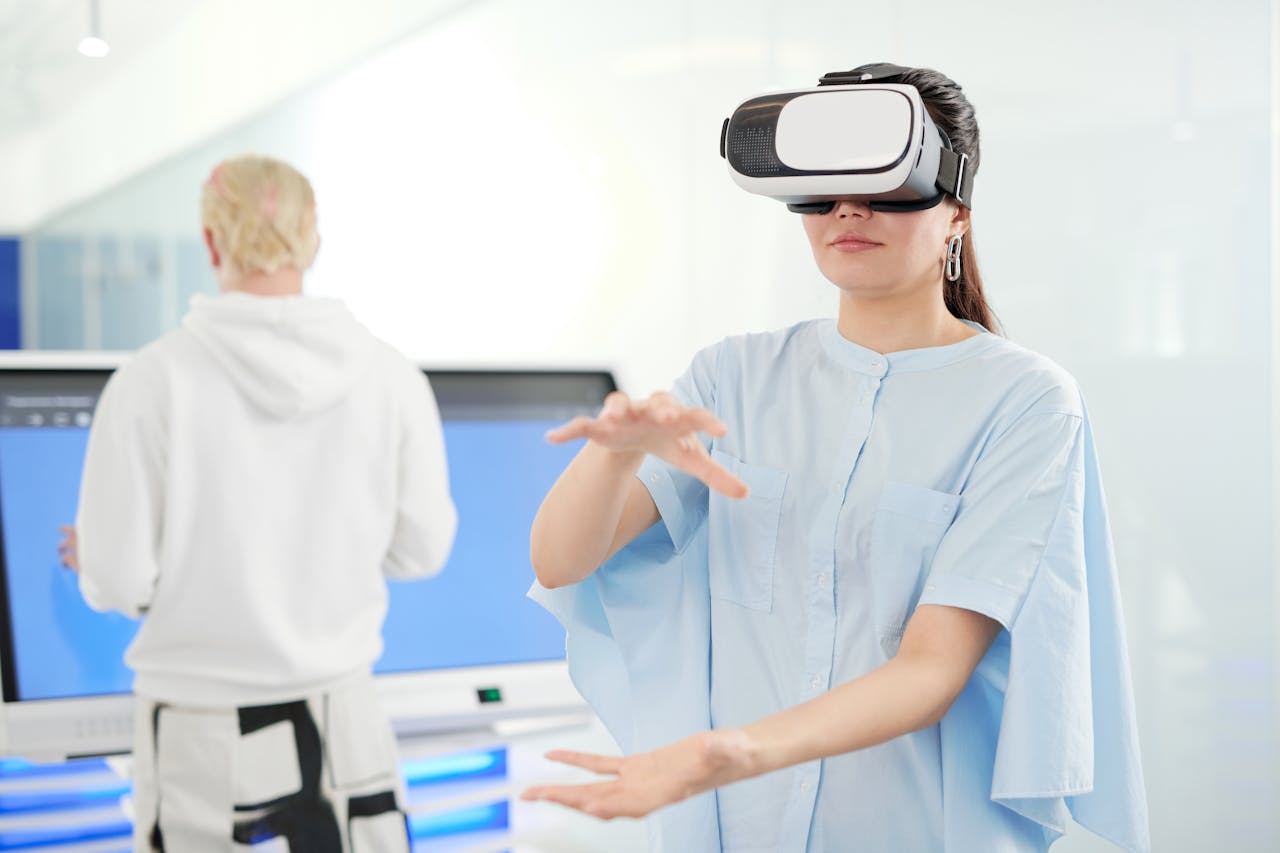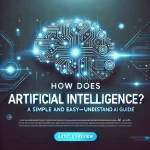The Potential of Artificial Intelligence in Healthcare
With the continuous advancement of artificial intelligence (AI), the healthcare industry is undergoing a transformation. AI technology is not only helping improve diagnostic accuracy, accelerate drug development, and optimize patient treatment plans, but it is also enhancing the efficiency and quality of healthcare services. According to the latest industry reports, the application of AI in healthcare is growing rapidly, and it is expected to bring substantial profit opportunities in the next 10 years. In this article, we will delve into the five most promising AI healthcare sectors, providing unique insights and real-world case studies to help you better understand the commercial potential of these sectors.
1. AI-Powered Diagnostics and Personalized Medicine
Market Overview
AI-powered diagnostics and personalized medicine are among the most widely applied fields of AI in healthcare. Using big data analytics, machine learning, and deep learning, AI can process information from a patient’s genetic data, electronic health records (EHR), medical imaging, and more, assisting doctors in making more accurate diagnoses.
In-Depth Analysis and Case Studies
For example, AI has shown impressive results in early breast cancer detection. According to the American Cancer Society, AI-assisted breast cancer screening accuracy is over 90%, which is 20% higher than traditional diagnostic methods. In personalized medicine, AI combines patient genetic information to create tailored treatment plans, enhancing treatment efficacy.
Future Trends
By 2025, the personalized medicine market is expected to surpass $100 billion. As AI technology continues to evolve, this field will see even broader applications, especially in early diagnosis and treatment of cancer, cardiovascular diseases, and chronic illnesses.
2. Drug Discovery and Clinical Trial Optimization
Market Overview
Drug discovery is another area where AI is receiving significant attention. Traditional drug development is time-consuming and expensive, but AI can accelerate the process by analyzing vast amounts of data and optimizing patient recruitment and data analysis during clinical trials.
In-Depth Analysis and Case Studies
For example, Pfizer and IBM are collaborating to accelerate cancer drug development by leveraging AI to analyze patient data, reducing clinical trial time and costs. AI applications are improving clinical trial success rates by ensuring more precise patient recruitment.
Future Trends
By 2030, the global AI drug discovery market is projected to reach approximately $25 billion. As AI technology matures, breakthroughs are expected, particularly in the biopharmaceutical field.
3. Medical Robotics in Assisted Treatment
Market Overview
AI-driven medical robotics is playing a significant role in surgery, patient care, and rehabilitation. These robots enhance surgical precision, reduce recovery time for patients, and improve overall outcomes. The use of medical robots has steadily increased globally in recent years.
In-Depth Analysis and Case Studies
For example, the da Vinci Surgical System has been used for millions of surgeries worldwide, resulting in improved recovery times and success rates. AI-powered robots can perform minimally invasive surgeries and offer precise rehabilitation plans after the procedure.
Future Trends
By 2030, the global medical robotics market is expected to reach $15 billion, with surgical robots being the dominant sector. As technology continues to advance, medical robots will become more adept at handling a variety of complex surgical needs.
4. Population Health Management and Predictive Analytics
Market Overview
AI can analyze large healthcare datasets to identify trends and risk factors, providing support for public health decision-making and personalized health management.
In-Depth Analysis and Case Studies
For example, AI has made significant strides in predicting the risks of heart disease and diabetes. By analyzing historical health records, lifestyle habits, and genetic data, AI can identify potential health risks and help individuals take preventive measures early on.
Future Trends
With the global aging population, population health management and predictive analytics will become key focus areas for the healthcare industry. By 2028, the market for AI in health management is expected to reach $50 billion.
5. Healthcare Data Security and Privacy Protection
Market Overview
As healthcare data becomes increasingly digital, data security and privacy protection have become critical issues. AI is playing a growing role in data encryption, privacy protection, and compliance management.
In-Depth Analysis and Case Studies
AI can assist healthcare organizations by automatically detecting potential data breaches, identifying security vulnerabilities, and providing real-time fixes. For instance, AI applications in privacy protection ensure that healthcare data usage complies with privacy regulations like GDPR and HIPAA.
Future Trends
With the widespread adoption of digital health information, data privacy protection will be a vital aspect of the healthcare industry. By 2026, the healthcare data security market is expected to reach $10 billion.
Summary and Comparison: The Future AI Healthcare Sectors
In the next 10 years, AI will play an important role in sectors such as AI-powered diagnostics, drug discovery, medical robotics, population health management, and data security. Each of these sectors has unique commercial potential and challenges, and stakeholders need to carefully evaluate their strategies based on specific sector needs.
FAQ
1. How does AI help improve diagnostic accuracy in healthcare?
AI uses deep learning and big data analytics to process information from medical imaging, genomics, historical health data, and more, assisting doctors in making more accurate diagnoses.
2. What role does AI play in drug discovery?
AI accelerates drug screening and optimization, improving the success rate of new drug developments, reducing development time, and lowering costs.
3. How do medical robots transform surgical treatment?
Medical robots, powered by AI, perform precise, minimally invasive surgeries, reducing recovery time for patients and improving success rates.
4. How is patient data privacy protected using AI?
AI applies encryption and privacy protection algorithms, ensuring that healthcare organizations comply with privacy regulations and protect patient data.
Thank you for reading! If you have more thoughts or questions on AI in healthcare, feel free to share them in the comments section. If you found this article helpful, share it with your friends. For more in-depth analyses on AI healthcare applications, check out the related topics below.







